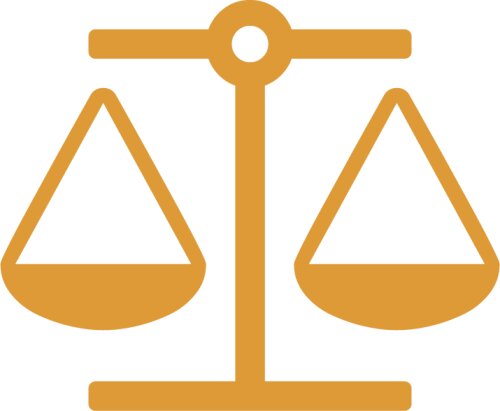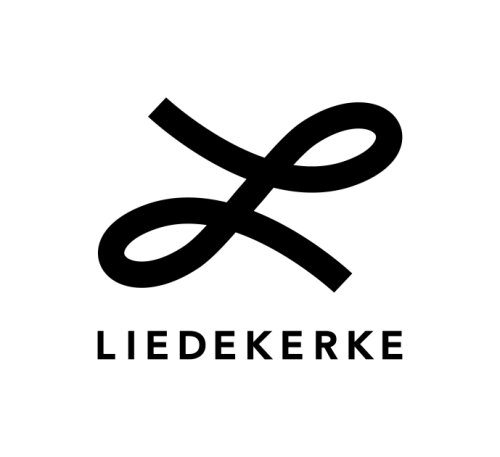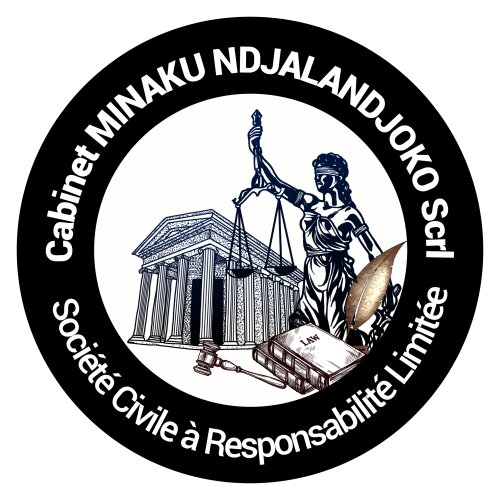Best Transportation Lawyers in Kinshasa
Share your needs with us, get contacted by law firms.
Free. Takes 2 min.
List of the best lawyers in Kinshasa, DR Congo
About Transportation Law in Kinshasa, DR Congo
Transportation in Kinshasa, the capital city of the Democratic Republic of Congo (DRC), is an important aspect of daily life and commerce in the bustling city of over 12 million people. In the DRC, transportation law broadly governs the various modes of transport including road, rail, air, and water, focusing on safety regulations, permits, and fines for violations. Regulations also deal heavily with logistics companies and public transport operators, ensuring maintenance standards and covering passenger rights and obligations. Understanding these laws can be a significant aspect of conducting business, using public transportation, or navigating the roadways in personal vehicles.
Why You May Need a Lawyer
Legal advice may be needed in various situations related to transportation. If you are a transportation business owner, you may need legal help to ensure regulatory compliance, secure necessary permits, or settle disputes. Private individuals might require a lawyer if they are involved in a traffic accident, face charges for violations of transportation laws, or seek compensation for personal injury resulting from public transportation mishaps. It may also be necessary to seek legal counsel when engaging in the sale, purchase, or import of vehicles, or when handling matters related to documentation or tax regulations.
Local Laws Overview
The key aspect of local laws that govern transportation in Kinshasa and the DRC at large, include the vehicle registration rules, driving licenses, traffic violation penalties, and matters relating to public transport operation. Vehicles must be registered to legal entities or individuals, and to operate one, an individual must possess a valid driving license. Serious penalties follow any type of traffic violation, which may include hefty fines or even imprisonment in case of severe violations or repeated misconduct. Operators of public transportation, such as bus companies or taxi services, face specific regulations to ensure the safety and rights of the passengers.
Frequently Asked Questions
1. Can I drive in Kinshasa with a foreign driving license?
Yes, foreign individuals are permitted to drive with their home country's license for a specified period. However, for long term stay, conversion to a DRC license may be necessary.
2. How do I report a traffic accident in Kinshasa?
Any traffic accident should be reported promptly to the local police. It is recommended to engage legal counsel in more complex incidents to ensure proper handling.
3. Can I legally challenge a traffic violation fine?
Yes, legal services can be useful in such situations. Lawyers can provide guidance on the steps involved in contesting the fine in court.
4. What are the legal requirements for starting a taxi company in Kinshasa?
A taxi company must meet all local business registration requirements, comply with vehicle safety regulations, and obtain proper public transport operation permits.
5. What legal remedies do I have if I'm injured due to public transportation negligence?
In such cases, you may be eligible for compensation. It's recommended to seek legal help for understanding the process and exercising your rights.
6. What legal steps are involved in importing a vehicle in Kinshasa?
Importing vehicles involves paying import duties, undergoing vehicle inspection and then completing registration formalities. Legal assistance can help ensure the correct process is followed.
7. How do I deal with road disputes?
Legal counsel can help mediate or provide you with the best possible legal strategies to deal with road disputes.
8. Are there any specific laws on marine transportation in Kinshasa?
Yes, marine transportation on the Congo river follows specific safety and operation laws. Engaging a lawyer may be essential to understand these regulations thoroughly.
9. How are traffic penalties decided in Kinshasa?
Traffic penalties largely depend on the severity and frequency of the offences. They can range from minor fines to imprisonment in cases of serious violation.
10. Who can be held liable for vehicle accidents in Kinshasa?
Liability for vehicle accidents can range from the driver to vehicle owner, pedestrians or even the government. It can be complex to establish culpability, thereby necessitating a lawyer’s assistance.
Additional Resources
The Ministry of Transport and Channels of the DRC is an important resource for transportation related regulations. Additionally, the Federation of Congolese Enterprises (FEC) can provide guidance if you're in business and the National Commission of Preventive Road Security (CNCSR) oversees road safety regulations. Please remember that online translation tools may be needed as the primary administrative language in Kinshasa is French.
Next Steps
When seeking legal advice for matters related to transportation in Kinshasa, it's recommended to find a local lawyer or law consortium who specialises in transportation law. They will have the specific knowledge of local laws, networks, and experience necessary to effectively assist you. Ensure you gather all related material that might be useful for your case, including documents, photographs, or witness information. Most importantly, find a lawyer who is bilingual if you're not fluent in French, as most legal procedures will be conducted in French.
Lawzana helps you find the best lawyers and law firms in Kinshasa through a curated and pre-screened list of qualified legal professionals. Our platform offers rankings and detailed profiles of attorneys and law firms, allowing you to compare based on practice areas, including Transportation, experience, and client feedback.
Each profile includes a description of the firm's areas of practice, client reviews, team members and partners, year of establishment, spoken languages, office locations, contact information, social media presence, and any published articles or resources. Most firms on our platform speak English and are experienced in both local and international legal matters.
Get a quote from top-rated law firms in Kinshasa, DR Congo — quickly, securely, and without unnecessary hassle.
Disclaimer:
The information provided on this page is for general informational purposes only and does not constitute legal advice. While we strive to ensure the accuracy and relevance of the content, legal information may change over time, and interpretations of the law can vary. You should always consult with a qualified legal professional for advice specific to your situation.
We disclaim all liability for actions taken or not taken based on the content of this page. If you believe any information is incorrect or outdated, please contact us, and we will review and update it where appropriate.















